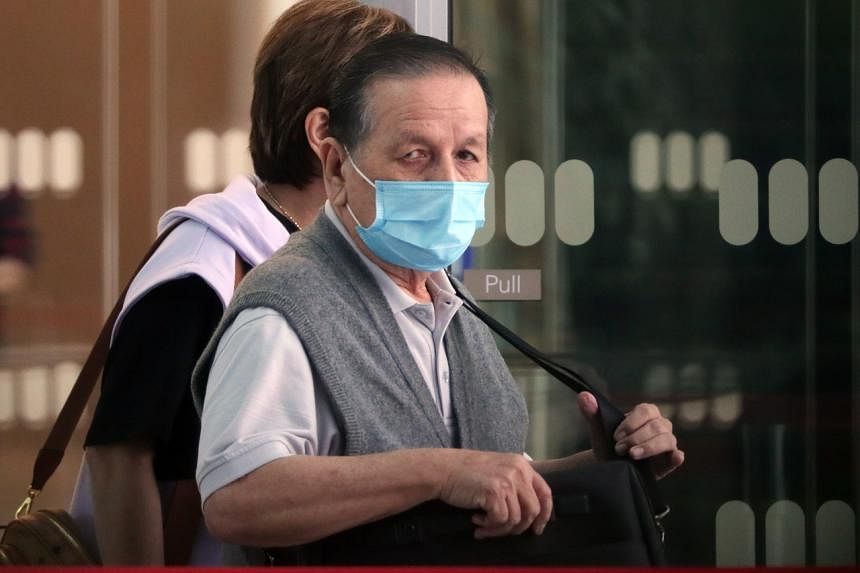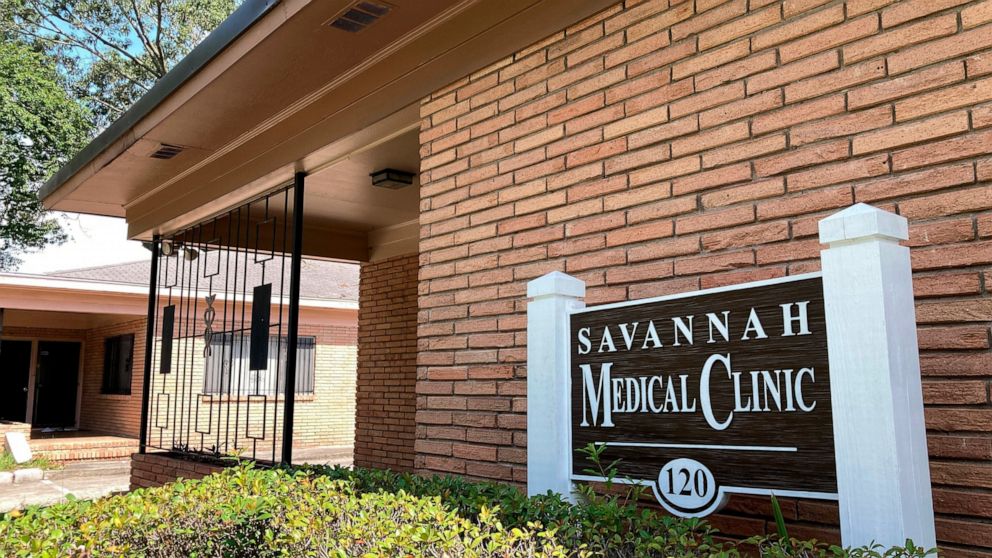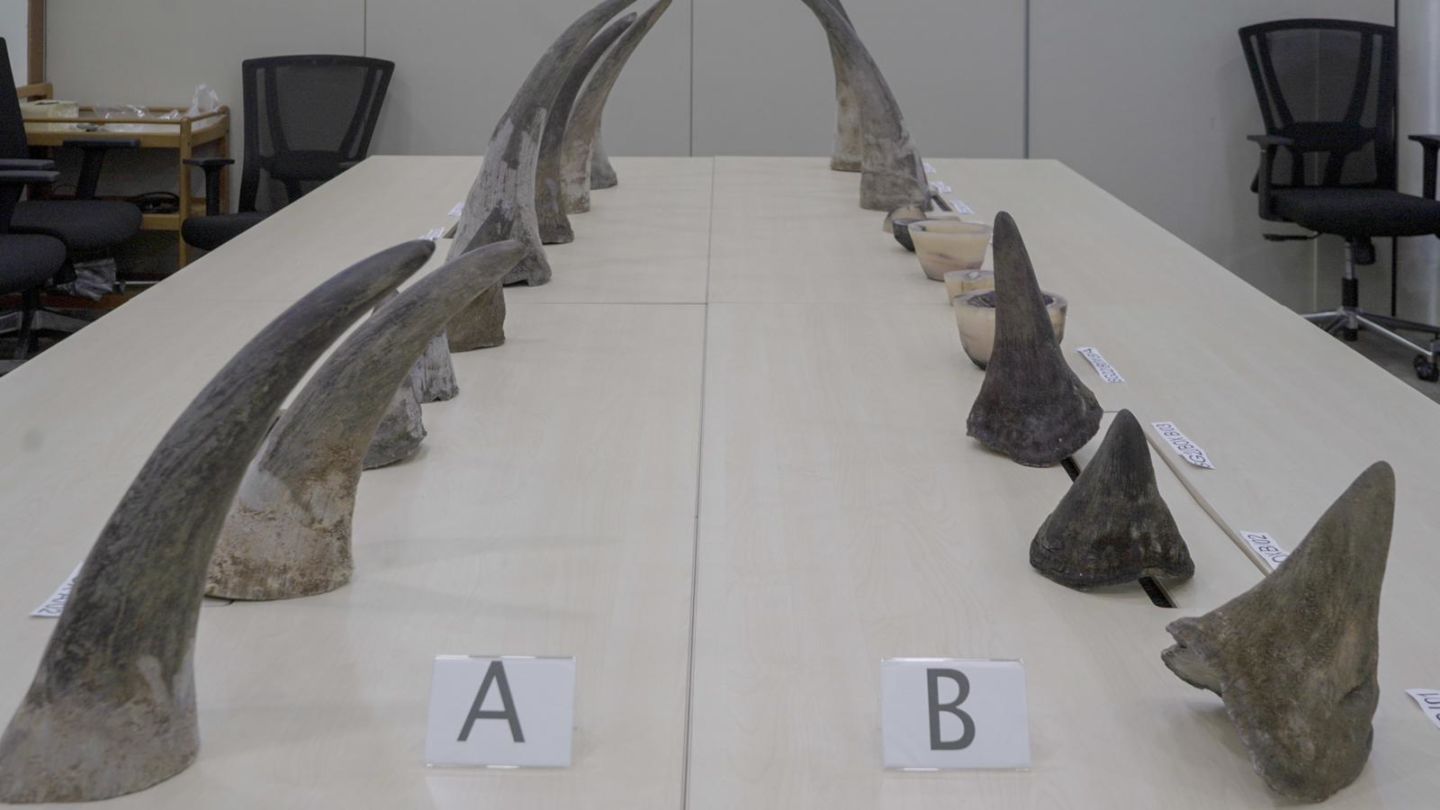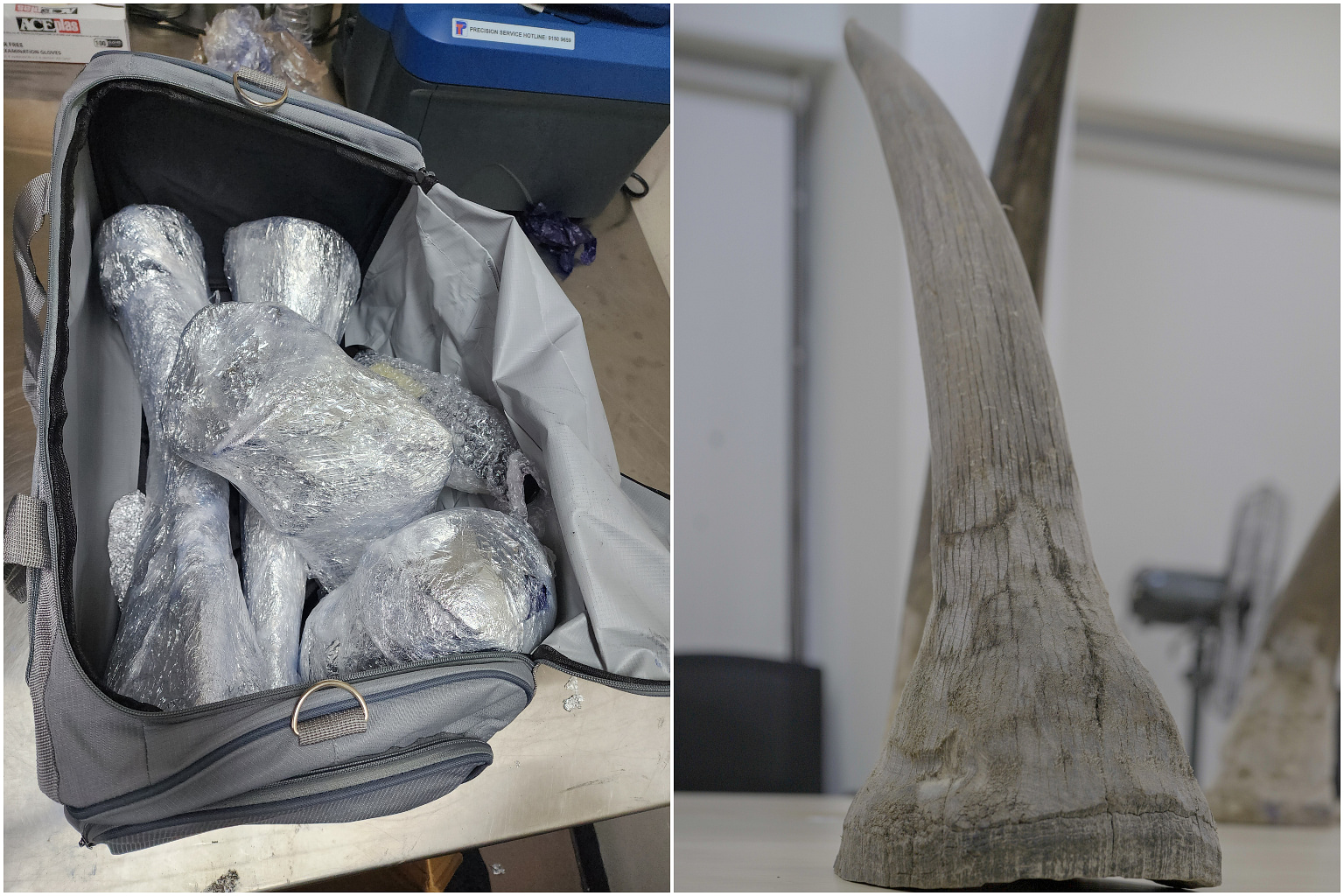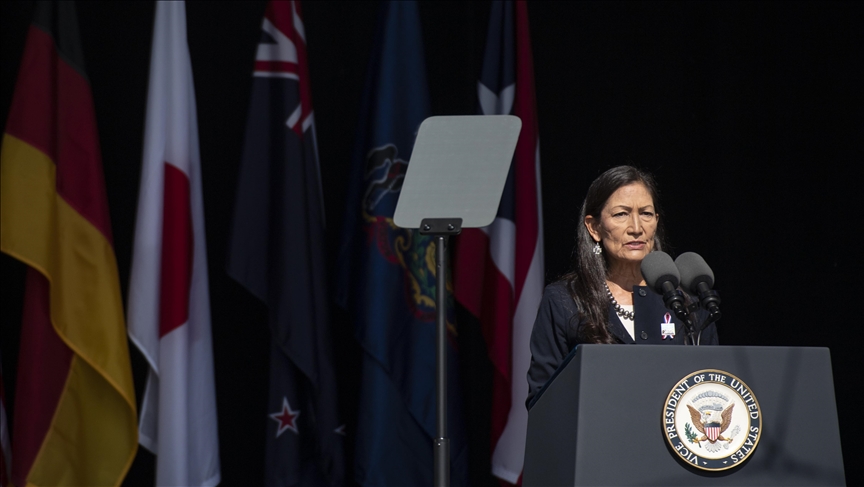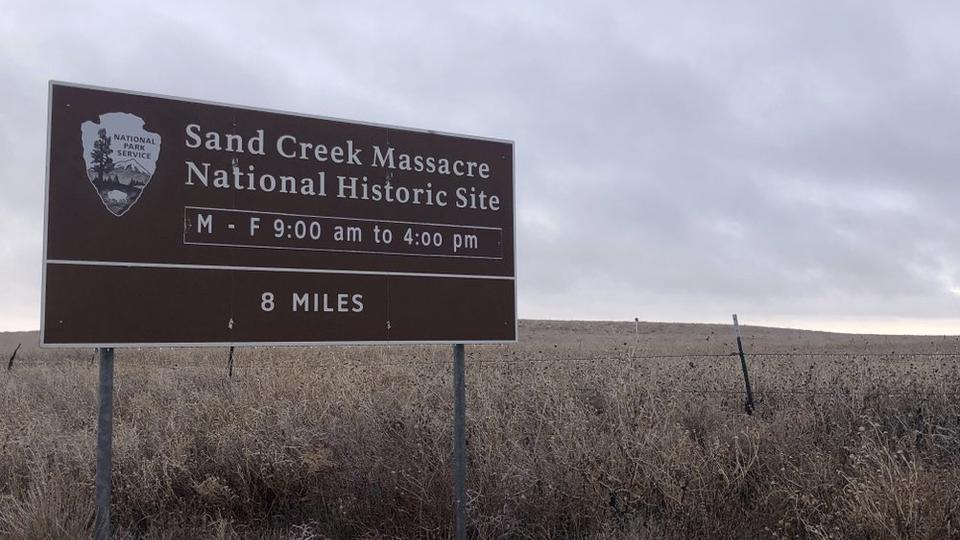World's biggest sovereign wealth funds tackle climate crisis
:quality(70):focal(2805x1808:2815x1818)/cloudfront-eu-central-1.images.arcpublishing.com/thenational/OLO6MWJYVZHDHN4A3PFI6IL2HU.jpg)
This year, the Abu Dhabi Investment Authority and Mubadala are co-hosting the One Planet Sovereign Wealth Funds CEO Summit
Oct 05, 2022
Five years ago, President Emmanuel Macron of France brought together a group of sovereign wealth funds to help act on the framework of the Paris Climate Accords.
Since then, the One Planet Sovereign Wealth Funds (Opswf) Network has grown to more than 45 of the world’s largest institutional investors — sovereign wealth funds, asset managers and private equity houses — that together manage or own more than $37 trillion worth of assets.
Today, the fifth annual Opswf CEO Summit, the largest yet, is taking place in Abu Dhabi.
It is the first time that the group is gathering outside of the Elysee Palace in Paris, France, making this a significant occasion for the emirate as the UAE prepares to host Cop28 next year.
Opswf Network members account for a substantial portion of the global economy, enabling it to play a key role in the transition to a low-carbon future.
This year, the Abu Dhabi Investment Authority (Adia) and Mubadala are co-hosting the summit and helping to drive greater engagement in mitigating climate change by advocating dialogue and collaboration across the network as it works to provide stewardship and guidance to the global investment community.
It is in Abu Dhabi that the global financial community is convening to marshal capital towards finding solutions to global problems.
Historically, the financial sector has supported industrial development and technological advancement, thereby playing an important role in achieving sustainable financial returns while working to deliver lasting change.
Adia and Mubadala recognise that lasting change can only be achieved by a combination of all our individual and incremental actions.
The world needs to innovate and develop alternative sources of energy, materials and consumables for a sustainable future. The energy transition and accelerating the development of renewables and clean hydrogen are vital challenges. It is a journey that requires systematic and responsible action and, for this to occur, collective endeavour is key.
Sovereign wealth funds are well suited to be change makers. Our multi-generational investment horizon matches the very long-term, sustained effort required to tackle big challenges such as climate change.
At the summit this week, Opswf Network members are focusing on three broad areas.
In the private equity space, where sovereign wealth funds as a group own about 16 per cent of global private equity assets under management, there is a significant opportunity to advance the quality and quantity of climate-related data. Members recognise that better data is critical to making well informed investment decisions that include considering the risks and opportunities associated with climate change.
Clean hydrogen is another important focus for the Opswf Network, as well as a priority for the UAE government. Hydrogen is widely recognised as a key component of the energy transition. It can be used as a zero-emission fuel, a versatile energy carrier or a flexible storage solution with numerous applications across the entire economy, complementing and amplifying electrification efforts in sectors such as transport and other net-zero emission technology.
Mubadala has entered into a partnership with Adnoc and ADQ to establish the Abu Dhabi Hydrogen Alliance, which aims to establish the UAE as a leader in hydrogen and build a substantial green hydrogen economy.
The third focus of the summit is on renewables investment in emerging and developing markets, where considerable opportunities exist to mitigate climate change while also growing economies.
Members of significant scale across the Opswf Network collectively have the ambition to increase their investments in renewables in those markets if the right policies and incentives are in place. Successfully addressing the priority enablers will not only open up further opportunities, but also increase flows of other private sector financing.
Collectively, Opswf members seek to make tangible change through collective, incremental actions.
The discussions in Abu Dhabi — among chief executives and leaders — will result in meaningful progress.
Adia and Mubadala are proud to be playing our role in convening the international financial community to find common ground to build a sustainable future.
Saeed Al Mansoori is deputy director at the Abu Dhabi Investment Authority and Ahmed Al Calily is chief strategy and risk officer at Mubadala Investment Company
:quality(70)/cloudfront-eu-central-1.images.arcpublishing.com/thenational/PULHRLCQRHA225WILA5GK4WVNI.jpg)
